It was also, in Ruth’s opinion, the first year in which students really began to differentiate academically. Some students began to excel while others fell behind; although there were countless reasons for this, in that particular school, in that era, many of her students—and their parents—simply didn’t care. The students would attend school until the eighth or ninth grade, then drop out to work on the farm full-time. Even for Ruth, this was a challenge that was difficult to overcome. These were the kids that kept Ruth awake at night, the ones she worried endlessly about, and she tinkered with her lesson plan for years, searching for ways to get through to them and their parents. She would have them plant seeds in Dixie cups and label them in an effort to encourage them to read; she would have the students catch bugs and name those as well, hoping to spark intellectual curiosity about the natural world. Tests in mathematics always included something about the farm or money: If Joe gathered four baskets of peaches from each tree, and there were five trees in each of the six rows, how many baskets of peaches will Joe be able to sell? Or: If you have $200 and you buy seed that costs $120, how much money do you have left? This was a world the students understood to be important—and more often than not, she got through to them. While some still ended up dropping out, they would sometimes come to visit her in later years, to thank her for teaching them how to read and write and perform the basic math necessary to figure out their purchases at the store.
She was proud of this—and proud of the students who eventually ended up graduating and going to college, of course. But every now and then, she had a student who made her realize again why she’d wanted to be a teacher in the first place. And that brings me to the painting above the fireplace.
+++
“You are thinking about Daniel McCallum,” she says to me.
“Yes,” I say. “Your favorite student.”
Her expression is animated, and I know her image of him is as vivid as the day she first met him. At the time, she’d been teaching for fifteen years. “He was very difficult.”
“That’s what you told me.”
“He was very wild when he first arrived. His overalls were dirty all the time and he could never sit still. I scolded him every day.”
“But you taught him to read.”
“I taught them all to read.”
“He was different, though.”
“Yes,” she says. “He was bigger than the other boys and he would punch the other students in the arm at recess, leaving bruises. It is because of Daniel McCallum that my hair began to turn gray.”
To this day, I can remember her complaints about him, but her words, as they are now, had always been tinged with affection.
“He’d never been to school before. He didn’t understand the rules.”
“He knew the rules. But at first, he did not care. He sat behind a pretty young girl named Abigail, and would constantly pull her hair. I would say to him, ‘You must not do this,’ but he would do it anyway. I finally had to seat him in the front row where I could keep my eye on him.”
“And it was then that you learned he couldn’t read or write.”
“Yes.” Even now, her voice is grim.
“And when you went to talk to his parents, you discovered they’d passed away. It turned out that Daniel was being raised by an older stepbrother and his wife, neither of whom wanted him to attend school at all. And you saw that the three of them were living in what was essentially a shack.”
“You know this because you went with me that day to the place he lived.”
I nod. “You were so quiet on the drive home.”
“It bothered me to think that in this rich country, there were people who still lived as they did. And it bothered me that he had no one in his life who seemed to care about him.”
“So you decided not only to teach him, but to tutor him as well. Both before and after school.”
“He sat in the front row,” she says. “I would not be a good teacher if he learned nothing at all.”
“But you also felt sorry for him.”
“How could I not? His life was not easy. And yet, I eventually learned that there were many children like Daniel.”
“No,” I say. “For both of us, there was only one.”
+++
It was early October when Daniel first entered our home, a gangly, towheaded boy with rough country mannerisms and a shyness I hadn’t anticipated. He did not shake my hand on that first visit, nor did he meet my eyes. Instead, he stood with his hands in his pockets, his gaze fixed on the floor. Though Ruth had tutored him after school, she worked with him again that evening at the kitchen table while I sat in the living room, listening to the radio. Afterward, she insisted he stay for dinner.
Daniel wasn’t the first student she’d invited to our home for dinner, but he was the only one who ever came regularly. It was due partly to the family’s situation, Ruth explained. Daniel’s stepbrother and his wife could barely keep the farm afloat and were resentful that the sheriff had ordered them to send Daniel to school at all. All the same, it didn’t seem as though they wanted him around the farm, either. On the day Ruth visited, they sat on the porch smoking cigarettes and responded to Ruth’s questions with indifferent, single-syllable answers. The next morning, Daniel came to school with bruises on his cheek and one eye as red as a ruby. The sight of his face nearly broke Ruth’s heart, making her all the more determined to help him.
But it wasn’t simply the obvious signs of abuse that upset her. When tutoring him after school, she often heard his stomach rumble, though when asked, he denied that he was hungry. When Daniel finally admitted that he sometimes went days without eating, her first instinct was to call the sheriff. Daniel begged her not to, if only because he had nowhere else to go. Instead, she ended up inviting him to dinner.
After that initial visit to our home, Daniel began to eat with us two or three times a week. As he grew more comfortable with us, the shyness evaporated, replaced by an almost formal politeness. He shook my hand and addressed me as Mr. Levinson, always making a point of asking how my day had been. The seriousness of his demeanor both saddened and impressed me, perhaps because it seemed a product of his prematurely hard life. But I liked him from the beginning and grew more fond of him as the year progressed. For her part, Ruth would eventually come to love him like a son.
I know that in this day and age, it’s considered inappropriate to use such a word when describing a teacher’s feeling for a student, and perhaps it was inappropriate even then. But hers was a motherly love, a love born of affection and concern, and Daniel blossomed under Ruth’s care. Over and over, I would hear her tell him that she believed in him and that he could be anything he wanted to be when he grew up. She emphasized that he could change the world if he wanted, make it a better place for himself and others, and he seemed to believe her. More than anything, he seemed to want to please her and he stopped acting up in class. He worked hard to become a better student, surprising Ruth with the ease with which he learned. Though uneducated, he was highly intelligent, and by January, he was reading as well as his classmates. By May, he was nearly two years ahead, not only in reading, but in all the other subjects as well. His memory was remarkable; he was a veritable sponge, soaking up everything that Ruth or I ever told him.
As if keen to know Ruth’s heart, he showed an interest in the art that hung on our walls, and after dinner, Ruth often walked him through the house to show him the paintings we’d collected. He would hold Ruth’s hand and listen as she described them, his eyes flickering from the paintings to her face and back again. He eventually came to know the names of all the artists, as well as their styles, and in this fashion I knew that he had come to care for Ruth as much as she cared for him. Once, Ruth asked me to take a photograph of them together. After she presented it to him, he clung to it for the rest of the afternoon and I saw him staring at it sometime later, his face etched with wonder. Whenever Ruth dropped him off back at home, he never once forgot to thank her for the time she spent with him. And on the last day of school, before he ran off to play with his friends, he told her that he loved her.
By then, the idea had taken root in her mind to ask Daniel if he wanted to live with us permanently. We talked about this, and in truth, I wouldn’t have minded. Daniel was a pleasure to have around our home and I told her as much. But by the end of the school year, Ruth still wasn’t sure how to broach the subject to him. She wasn’t sure whether Daniel would agree or even if he desired such a thing, nor did she know how to suggest this to his stepbrother. There was no guarantee that such a thing would even be legally allowed, so for all these reasons, she said nothing on that final day. Instead, she decided to postpone the matter until after we returned from our summer trip. But during our travels, Ruth and I spoke of Daniel frequently. We resolved to do whatever we could to make such an arrangement possible. When we finally returned to Greensboro, however, the shack stood empty, apparently abandoned for weeks. Daniel didn’t return to school in August, nor were there any requests for his records to be forwarded. No one seemed to know where he’d gone or what had happened to the family. Students and other teachers soon forgot about him, but for Ruth, it was different. She cried for weeks when she realized not only that he was gone, but that he might be gone forever. She made a point of visiting the neighboring farms, hoping that someone could tell her where the family had gone. At home, she would eagerly sort through the mail, hoping to find a letter from him, and she could never hide her disappointment when, day after day, none arrived. Daniel had filled a hole in Ruth that I could not, something that had been missing in our marriage. In that year, he’d become the child she’d always wanted, the child I could never give her.
I would love to tell you that Ruth and Daniel reconnected; that later in life, he contacted her, if only to let her know how he was doing. She worried about him for years, but with the passage of time, Ruth began to mention his name less frequently, until finally she stopped mentioning him at all. Yet I knew she never forgot about him and that part of her never stopped looking for him. It was Daniel she was looking for as we drove the quiet country roads, passing run-down farms; it was Daniel she hoped to see whenever she returned to school after a summer spent in distant studios and galleries. Once, she thought she spotted him on the streets of Greensboro during a Veterans Day parade, but by the time we were able to make our way through the crowds, he was already gone, if he’d ever really been there at all.
After Daniel, we never again had a student in our home.
+++
There is a bone-chilling cold in the car, the aftereffect of the window I opened earlier. Frost glitters on the dashboard now, and every time I breathe, a cloud forms beyond my lips. Though I’m no longer thirsty, my throat and stomach remain chilled from the snow. The cold is inside and outside, everywhere, and I can’t stop shivering.
Beside me, Ruth stares out the window and I realize that I can see starlight beyond the pane. It is not yet light, but the moonlight makes the snow on the trees glow silver, and I can tell that the worst of the weather has passed. Tonight, the snow on the car will crust as it continues to freeze, but sometime tomorrow or the next day, the temperature will rise and the world will shake off the white embrace of winter as the snow begins to melt.
This is both good and bad. My car may become visible from the road, which is good, but I need the snow to live, and within a day or two, it might be gone completely.
“You are doing fine for now,” Ruth tells me. “Do not worry about tomorrow until you have to.”
“Easy for you to say,” I reply, sulking. “I’m the one in trouble here.”
“Yes,” she says matter-of-factly. “But it is your fault. You should not have been driving.”
“We’re back to this again?”
She turns to me with a wry grin. She is in her forties now and wears her hair short. Her dress is cut in simple lines, in the bright red hues she preferred, with oversize buttons and elegant pockets. Like every other woman in the 1960s, Ruth was a fan of Jacqueline Kennedy.
“You brought it up.”
“I was looking for sympathy.”
“You are complaining. You do this more now that you are older. Like with the neighbor who cut down the tree. And the girl at the gas station who thought you were invisible.”
“I wasn’t complaining. I was observing. There’s a difference.”
“You should not complain. It is not attractive.”
“I’m many years removed from being attractive.”
“No,” she counters. “In this you are wrong. Your heart is still beautiful. Your eyes are still kind, and you are a good and honest man. This is enough to keep you beautiful forever.”
“Are you flirting with me?”
She raises an eyebrow. “I do not know. Am I?”
She is, I think. And for the first time since the accident, if only for a moment, I actually feel warm.
+++
It’s strange, I think, the way our lives turn out. Moments of circumstance, when later combined with conscious decisions and actions and a boatload of hope, can eventually forge a future that seems predestined. Such a moment occurred when I first met Ruth. I wasn’t lying when I told Ruth that I knew in that instant we would one day be married.
Yet experience has taught me that fate is sometimes cruel and that even a boatload of hope is sometimes not enough. For Ruth, this became clear when Daniel entered our lives. By then, she was over forty and I was even older. It was another reason she couldn’t stop crying after Daniel left. Back then, social expectations were different, and both of us knew that we were too old to adopt a child. When Daniel disappeared from our lives, I couldn’t escape the conclusion that fate had conspired against her for the last and final time.
Though she knew about the mumps and had married me anyway, I knew that Ruth had always clung to a secret hope that the doctor had somehow been mistaken. There was no definite proof, after all, and I admit that I nurtured a slim hope as well. But because I was so deeply in love with my wife, it was seldom at the forefront of my thoughts. We made love frequently in our first years of marriage, and though Ruth was reminded every month of the sacrifice she had made by marrying me, she wasn’t initially bothered by it. I think she believed that will alone, that her profound desire for a child, would somehow make it happen. Her unspoken belief was that our time would come, and this, I think, was the reason we never discussed adoption.
It was a mistake. I know that now, but I didn’t know it then. The 1950s came and went and our house slowly filled with art. Ruth taught school and I ran the store, and even though she was growing older, part of her still held out hope. And then, like the long-awaited answer to a prayer, Daniel arrived. He became first her student and then the son she had always longed for. But when the illusion suddenly ended, only I remained. And it wasn’t quite enough.
The next few years were hard for us. She blamed me, and I blamed myself as well. The blue skies of our marriage turned gray and stormy, then bleak and cold. Conversations became stilted, and we began to argue for the first time. Sometimes it seemed to be a struggle for her to sit in the same room with me. She spent many weekends at her parents’ house in Durham—her father’s health was declining—and there were times when we didn’t speak for days. At night, the space between us in the bed felt like the Pacific, an ocean impossible for either of us to swim across. She did not want to and I was too afraid to try, and we continued to drift further apart. There was even a period when she wondered whether she wanted to remain married to me, and in the evenings, after she’d gone to bed, I would sit in the living room, wishing that I were someone else, the kind of man who’d been able to give her what she wanted.
But I couldn’t. I was broken. The war had taken from me the only thing she’d ever wanted. I was sad for her and angry with myself, and I hated what was happening to us. I would have traded my life to make her happy again, but I didn’t know how; and as crickets sounded on warm autumn nights, I’d bring my hands to my face and I would cry and cry and cry.
+++
“I would never have left you,” Ruth assures me. “I am sorry I made you think such things.” Her words are leaden with regret.
“But you thought about it.”
“Yes,” she said, “but not in the way you think. It was not a serious idea. All married women think such things at times. Men too.”
“I never did.”
“I know,” she says. “But you are different.” She smiles, her hand reaching out for mine. She takes it, caressing the knots and bones. “I saw you once,” she says to me. “In the living room.”
“I know,” I say.
“Do you remember what happened next?”
“You came over and held me.”
“It was the first time I had seen you cry since that night in the park, after the war,” she says. “It scared me very much. I did not know what was wrong.”
“It was us,” I say. “I didn’t know what to do. I didn’t know how to make you happy anymore.”
“There was nothing you could do,” she says. “You were so angry with me.”
“I was sad,” she says. “There is a difference.”
“Does it matter? Either way, you weren’t happy with me.”
She squeezes my hand, her skin soft against my own. “You are a smart man, Ira, but sometimes, I think you do not understand women very well.”
In this, I know she is right.
“I was devastated when Daniel went away. I would have loved for him to become part of our lives. And yes, I was sad that we never had children. But I was also sad because I was in my forties, even though that might not make sense to you. I did not mind my thirties. That was when I felt for the first time in my life that I was actually an adult. But for women, older than forty is not always so easy. On my birthday, I couldn’t help but think that I had already lived half my life, and when I looked in the mirror, a young woman no longer stared back at me. It was vain, I know, but it bothered me. And my parents were getting older, too. That was why I went to visit them so often. By then, my father had retired, but he was not well, as you know. It was difficult for my mother to take care of him. In other words, there was no simple way to make things better for me back then. Even if Daniel had stayed with us, those still would have been hard years.”
I wonder about this. She has said as much to me before, but I sometimes question whether she is being completely truthful.
“It meant a lot to me when you held me that night.”
“What else could I do?”
“You could have turned and walked back to the bedroom.”
“I could not do such a thing. It hurt me to see you like that.”
“You kissed my tears away,” I said.
“Yes,” she says.
“And later, we held each other as we lay in bed. It was the first time in a long time.”
“Yes,” she says again.
“And things started to get better again.”
“It was time,” she said. “I was tired of being sad.”
“And you knew how much I still loved you.”
“Yes,” she says. “I always knew that.”
+++
In 1964, on our trip to New York, Ruth and I experienced a second honeymoon of sorts. It wasn’t planned, nor did we do anything extraordinary; it was more akin to a daily celebration that we had somehow put the worst of the past behind us. We held hands as we toured the galleries and began to laugh again. Her smile, I still believe, had never been more contagious in its joy than it was that summer. It was also the summer of Andy Warhol.
His art, so commercial and yet unique, didn’t appeal to me. I found little interest in paintings of soup cans. Nor did Ruth, but she was taken with Andy Warhol at their initial meeting. I think this was the only instance in which she bought something simply due to the force of the artist’s personality. She knew intuitively that he would somehow be an artist who would define the 1960s, and we purchased four original prints. By then, his work had already become expensive—it’s all relative, of course, especially when considering their value now—and afterward, we had no money left. After only a week up north, we returned to North Carolina and went to the Outer Banks, where we rented a cottage at the beach. Ruth wore a bikini that summer for the very first time, though she refused to wear it anywhere except on the back veranda, with towels draped over the railing to block others’ sight lines. After our trip to the beach, we journeyed to Asheville, as always. I read her the letter I’d written as we stood by the lake, and the years continued to roll along. Lyndon Johnson was elected president and the civil rights law was passed. The war in Vietnam picked up steam, while at home we heard much about the War on Poverty. The Beatles were all the rage, and women entered the workforce in droves. Ruth and I were aware of all of it, but it was life inside our home that mattered most to us. We led our lives as we always had, both of us working and collecting art in the summers, having breakfast in the kitchen, and sharing stories over dinner. We bought paintings by Victor Vasarely and Arnold Schmidt, Frank Stella and Ellsworth Kelly. We appreciated the work of Julian Stanczak and Richard Anuszkiewicz and bought paintings by them as well. And I will never forget Ruth’s expression as she picked out every one.
It was around that time that we began to make use of our camera. Until that point, strangely, it had never been a priority for us, and in the long span of our lives, we filled only four albums. But it is enough for me to turn the pages and watch as Ruth and I slowly grow older. There is a photo Ruth took of me on my fiftieth birthday in 1970, and another of her in 1972, when she celebrated the same milestone. In 1973, we rented the first of the storage units to house part of our collection, and in 1975, Ruth and I boarded the QE2 and sailed to England. Even then, I couldn’t imagine flying. We spent three days in London and another two days in Paris before boarding a train to Vienna, where we spent the next two weeks. For Ruth, it was both nostalgic and painful to return to the city she had once called home; though I could usually discern what she was feeling, I spent much of that time wondering what to say.
In 1976, Jimmy Carter was elected president over Gerald Ford, who’d replaced Richard Nixon. The economy was in the dumps and there were long lines at the gas stations. Yet Ruth and I hardly heeded these developments as we fell in love with a new movement in art called Lyrical Abstractionism, which had its roots in both Pollock and Rothko. In that year—it was the year Ruth finally stopped coloring her hair—we celebrated our thirtieth anniversary. Though it cost a small fortune and I had to take out a loan to do so, I presented her with the only paintings I ever bought on my own: two small Picassos, one from the Blue Period and another from the Rose. That night, she hung them in the bedroom, and after making love, we lay in the bed staring at them for hours.
In 1977, with business at the shop nearly at a standstill, I began to build birdhouses in my spare time from kits I purchased at the hobby shop. This phase did not last long, maybe three or four years, but my hands remained clumsy and I eventually gave it up, just as the Reagan era began. Though the news informed me that debt wasn’t a problem, I paid off the loan I’d used to buy the Picassos anyway. Ruth sprained her ankle and spent a month on crutches. In 1985, I sold the shop and started collecting Social Security; in 1987, after forty years in the classroom, Ruth did the same. The school and the district threw a party in her honor. During her career, she had been named “Teacher of the Year” three times. And in that time, my hair went from black to gray and then to white, thinning with every passing year. The lines on our faces grew deeper, and both of us realized that we could no longer see near or far without glasses. In 1990, I turned seventy, and in 1996, on our fiftieth anniversary, I presented Ruth with the longest letter I’d ever written. She read it aloud, and when she did, I realized I could barely hear her. Two weeks later, I would be fitted with a hearing aid. But I accepted this with equanimity.
It was time. I was growing old. Though Ruth and I never again experienced darkness in our marriage the way we had after Daniel disappeared, things were not always easy. Her father died in 1966, and two years later, her mother died from a stroke. In the 1970s, Ruth found a lump in her breast, and until it was biopsied and found negative, she thought she might have cancer. My parents passed away within a year of each other in the late 1980s, and Ruth and I stood over each of their graves, sobered by the realization that we were the last survivors in either of our families.
I could not foresee the future, but who can do such things? I do not know what I expected in the years we still had left together. I assumed we would continue just as we always had, for it was the only life I’d ever known. Maybe less travel—the trips and the walking were getting hard for us—but other than that, no difference at all. We had no kids or grandkids we needed to visit, no urge to travel abroad again. Instead, Ruth devoted more time to the garden and I began to feed the pigeons. We began to take vitamins, and neither of us had much of an appetite. Looking back, I suppose I should have given more thought to the fact that by our golden anniversary, Ruth had already outlived both her parents, but I was too afraid to consider the implications. I couldn’t imagine a life without her, nor did I want one, but God had other plans. In 1998, like her mother, Ruth had a stroke, one that weakened the left side of her body. Though she was still able to get around the house, our collecting days were at an end and we never again purchased another piece of art. Two years later, on a cold spring morning as we sat in the kitchen, she trailed off in midsentence, unable to complete her thought, and I knew she’d had another stroke. She spent three days in the hospital undergoing tests, and though she came back home, we would never again have a conversation in which the words flowed freely.
The left side of her face lost even more movement, and she began to forget the most common of words. This upset Ruth more than it did me; to my eyes, she remained as beautiful as she’d been on the day I’d first seen her. I was certainly no longer the man I once had been. My face had become wrinkled and thin, and whenever I looked in the mirror, the size of my ears never ceased to astonish me. Our routines become even simpler, one day simply drifting to the next. I would make her breakfast in the morning and we would eat together as we browsed the newspaper; after breakfast, we would sit in the yard and feed the pigeons. We napped in the late morning and would spend the rest of the day reading or listening to music or going to the grocery store. Once a week, I would drive her to the beauty salon, where a hairdresser would wash and style her hair, something that I knew would make her happy. And then, when August came around, I would spend hours at my desk crafting a letter for my wife, and I’d drive the two of us to Black Mountain on our anniversary, where we’d stand by the lake, just as we always had, while she read the words I’d written.
By that point, our adventures were long behind us, but for me it was more than enough, for the longest ride continued. Even then, as we lay in bed, I would hold Ruth close, grateful for the blessing of this life, this woman. In those moments, I would selfishly pray that I would die first, for even then I could sense the inevitable.
In the spring of 2002, a week after the azaleas in the yard had begun to bloom in full, we spent our morning as we always had, and in the afternoon, we made plans to go out to dinner. It was something we seldom did, but both of us were in the mood, and I remember calling the restaurant to make an early reservation. In the afternoon, we went for a walk. Not long, just to the end of the block and back. Though there was a brisk edge to the air, Ruth did not seem to notice. We spoke briefly to one of our neighbors—not the angry man who cut down the tree—and after we returned home, we settled into what was until that point a relatively ordinary day. Ruth said nothing to me about having a headache, but in the early evening, before we’d made dinner, she slowly made her way to the bedroom. I thought nothing of it at the time—I was reading in the easy chair and must have dozed off for a few minutes. When I woke, Ruth still had not come back, and I called for her. She did not answer, and I rose from my chair. I called for her again as I made my way down the hallway. When I saw her crumpled near the bed, I felt my heart jump in my chest. She’d had another stroke, I immediately thought. But it was worse, and as I tried to breathe life back into her, I could feel my soul begin to wither.
The paramedics arrived a few minutes later. I heard them first knocking and then pounding at the door. By then, I was holding Ruth in my arms and I did not want to let go. I heard them enter and call out; I called back and they rushed to the bedroom, where they found an old man holding the woman he’d always loved.
They were kind and soft-spoken as one of them helped me to my feet while the other began to administer to Ruth. I begged them to help her, trying to elicit promises that she was going to be all right. They put her on oxygen and loaded her onto the stretcher, allowing me to sit in the ambulance as Ruth was rushed to the hospital.

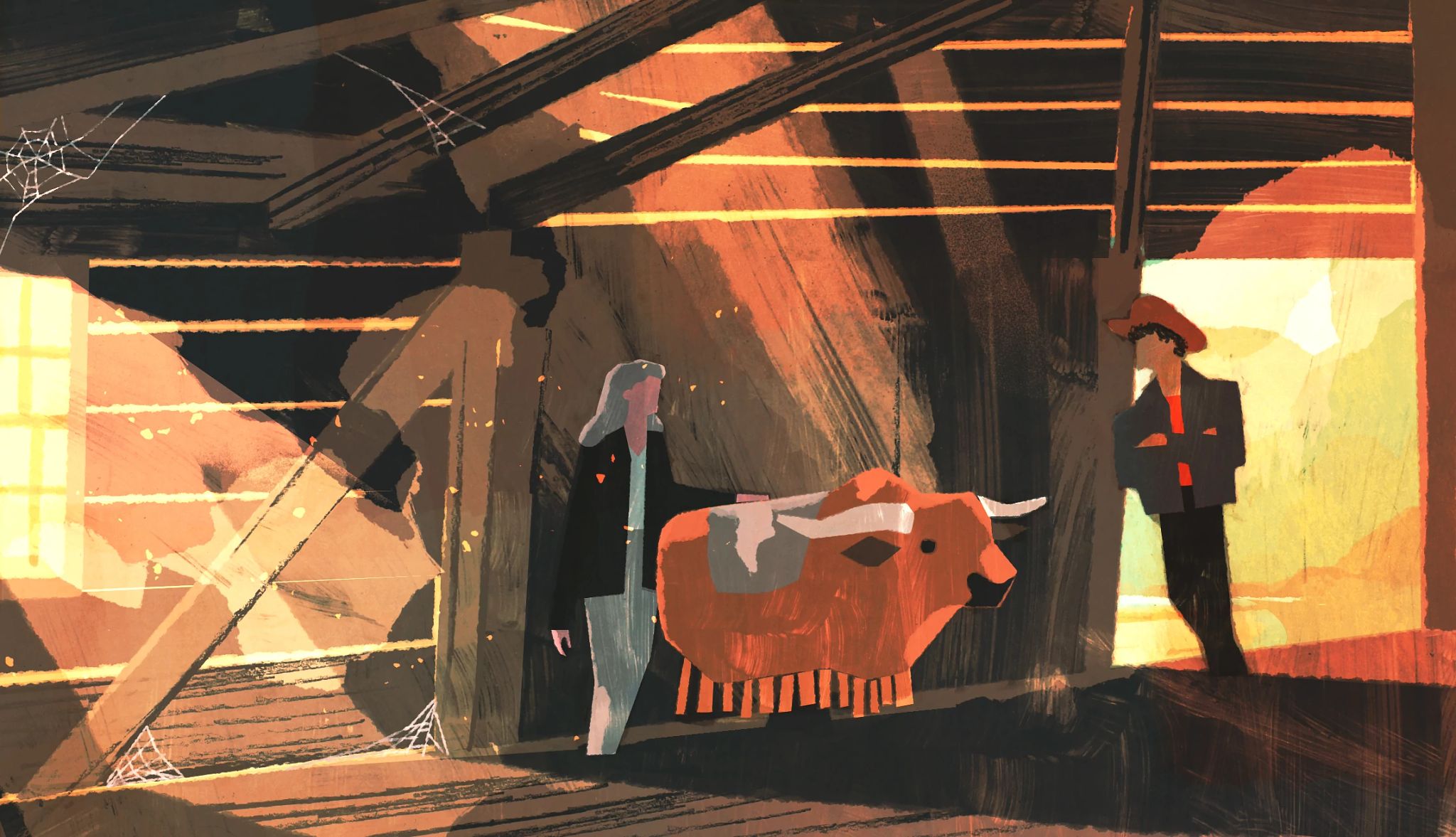


























































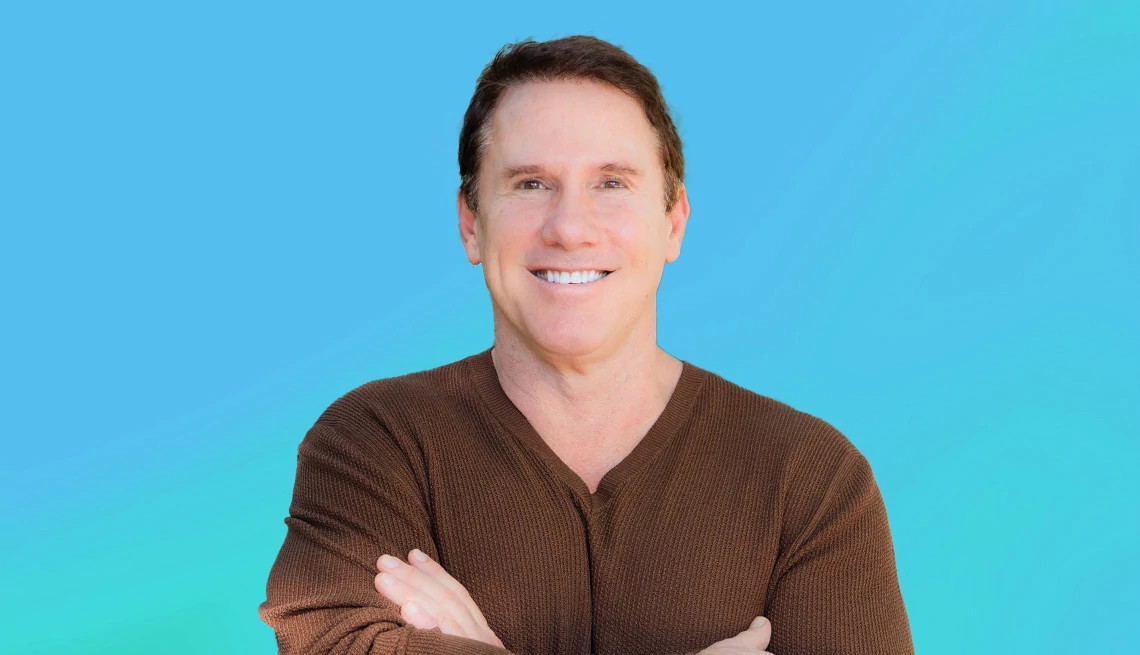.jpg?crop=true&anchor=0,0&q=80&color=ffffffff&u=lywnjt&w=1140&h=655)
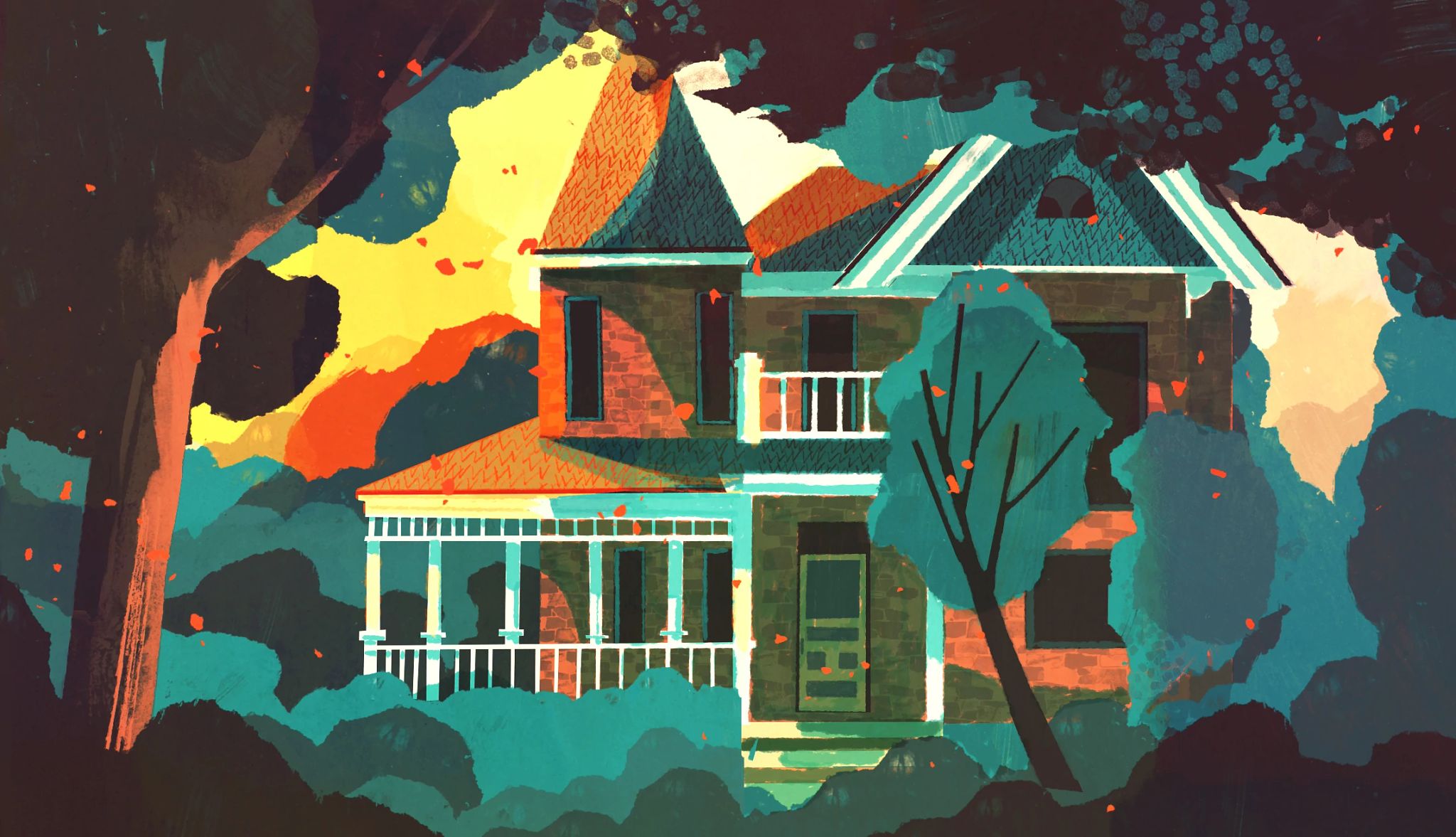
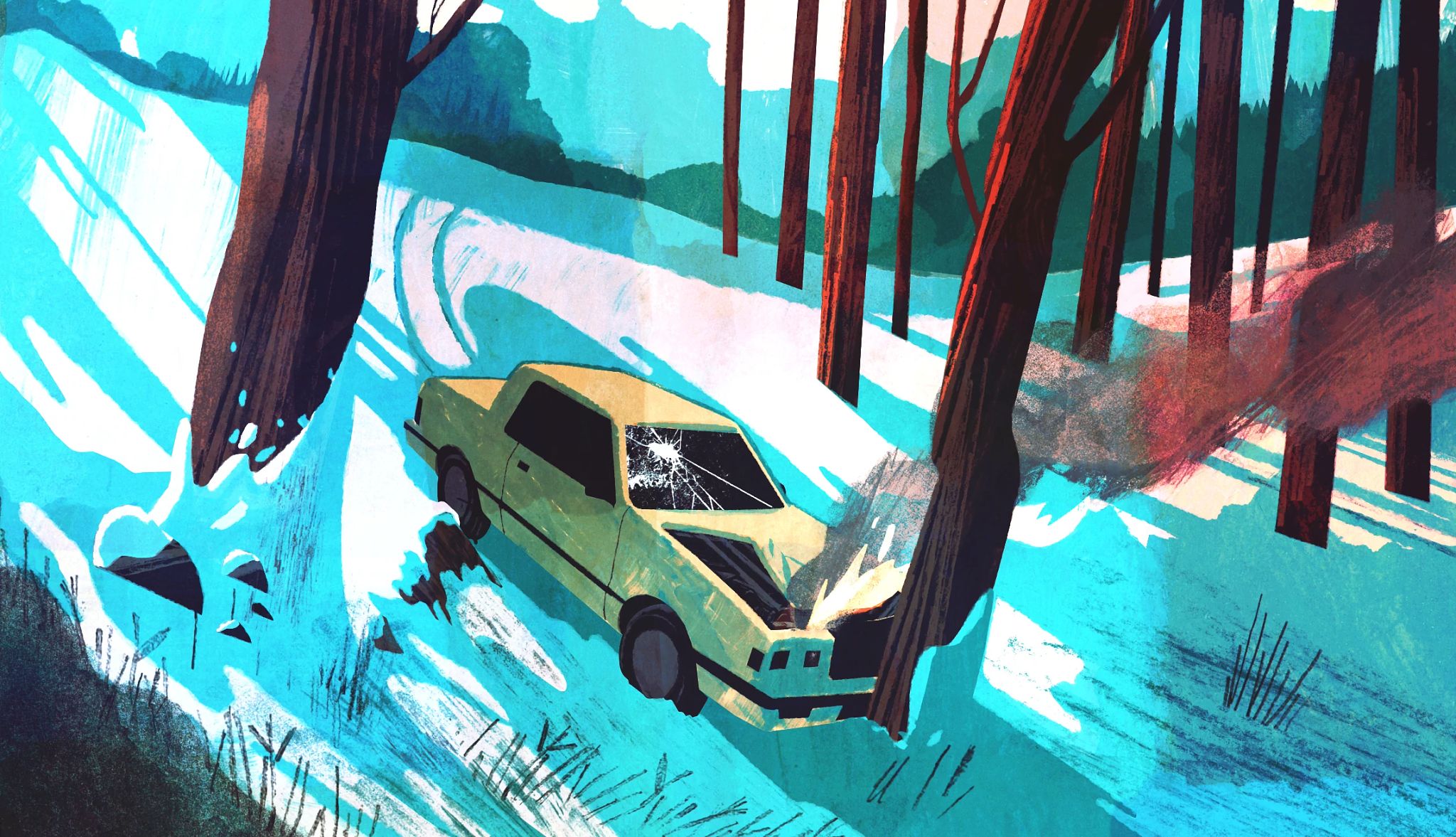
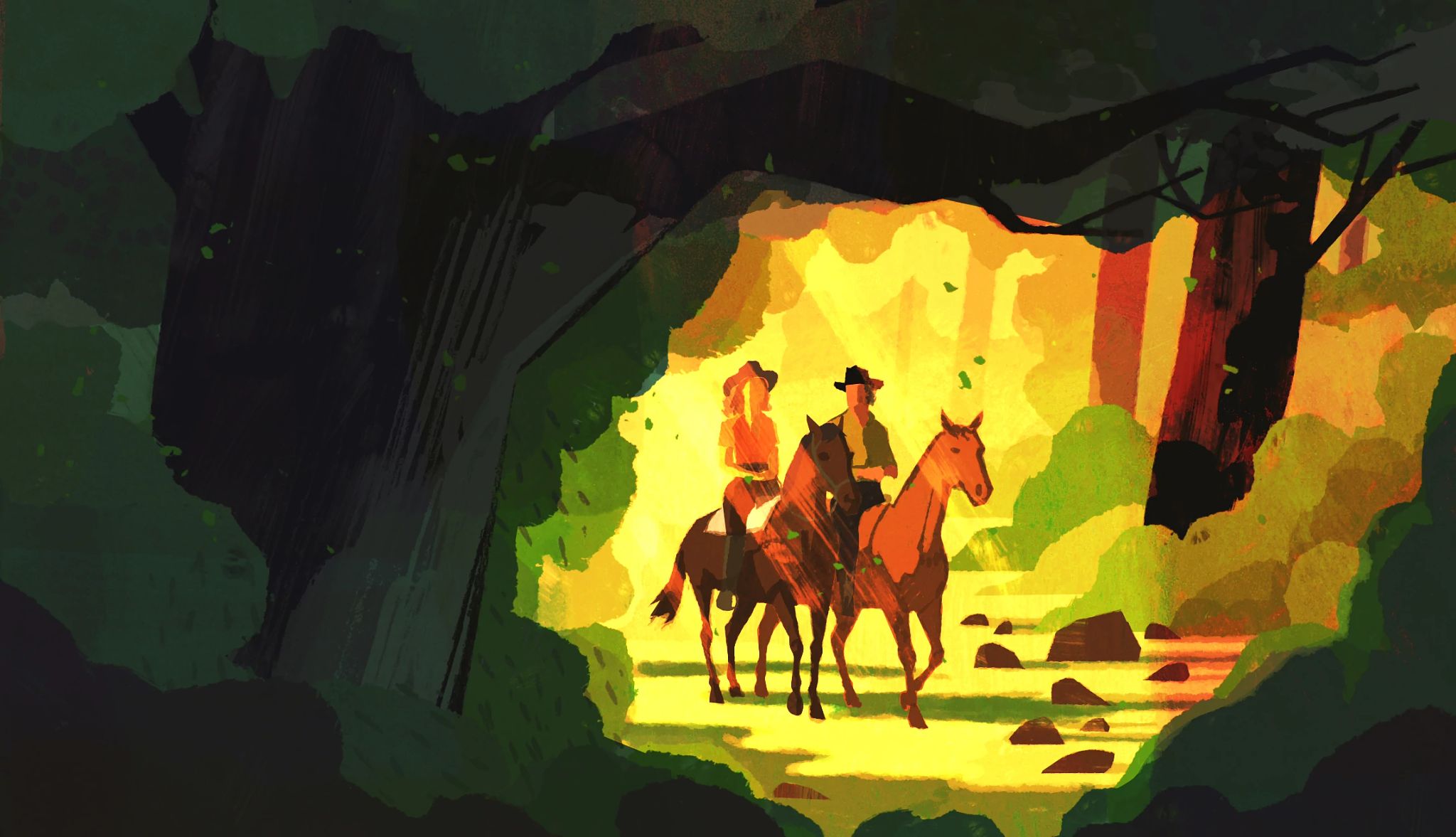
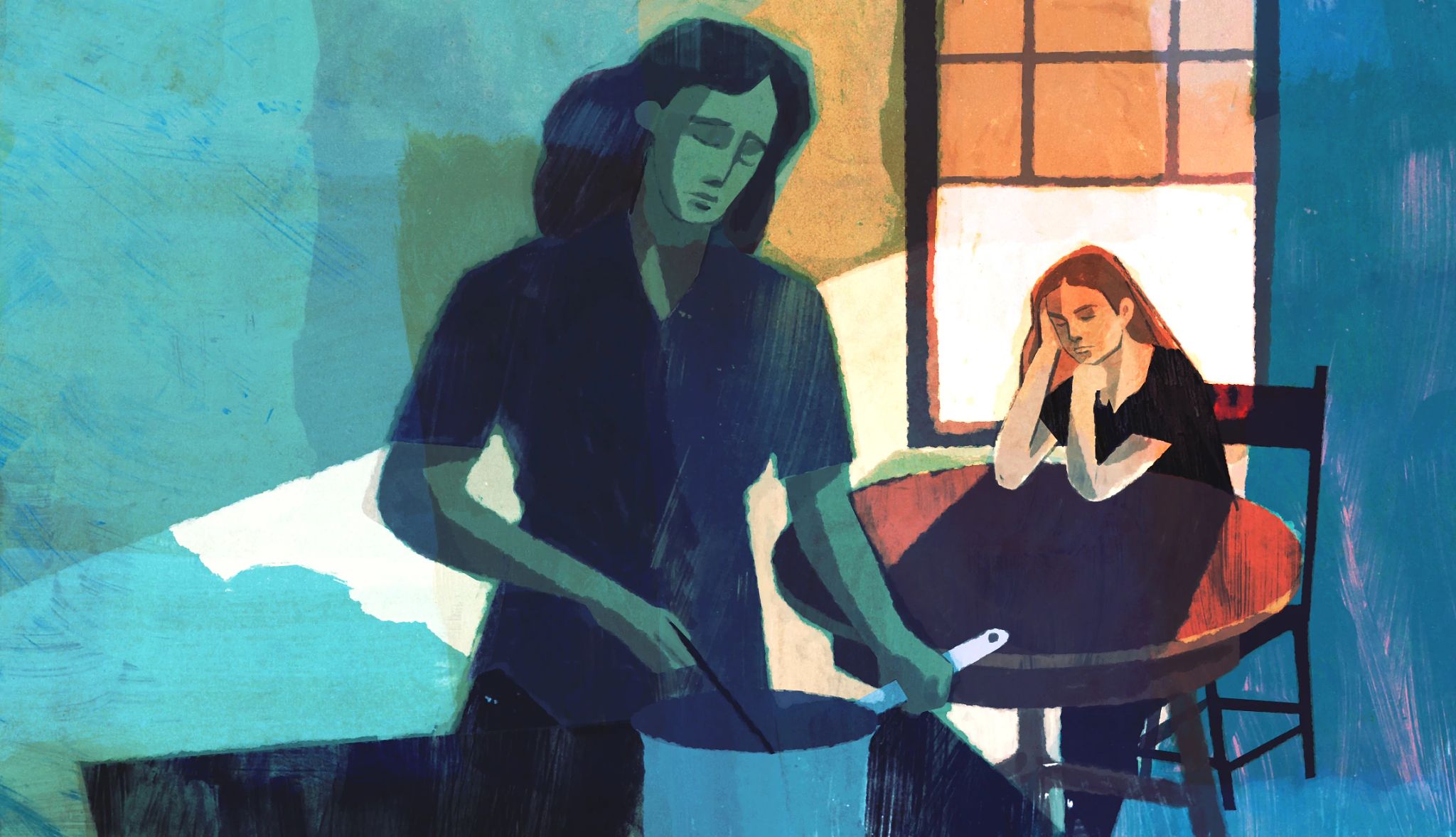
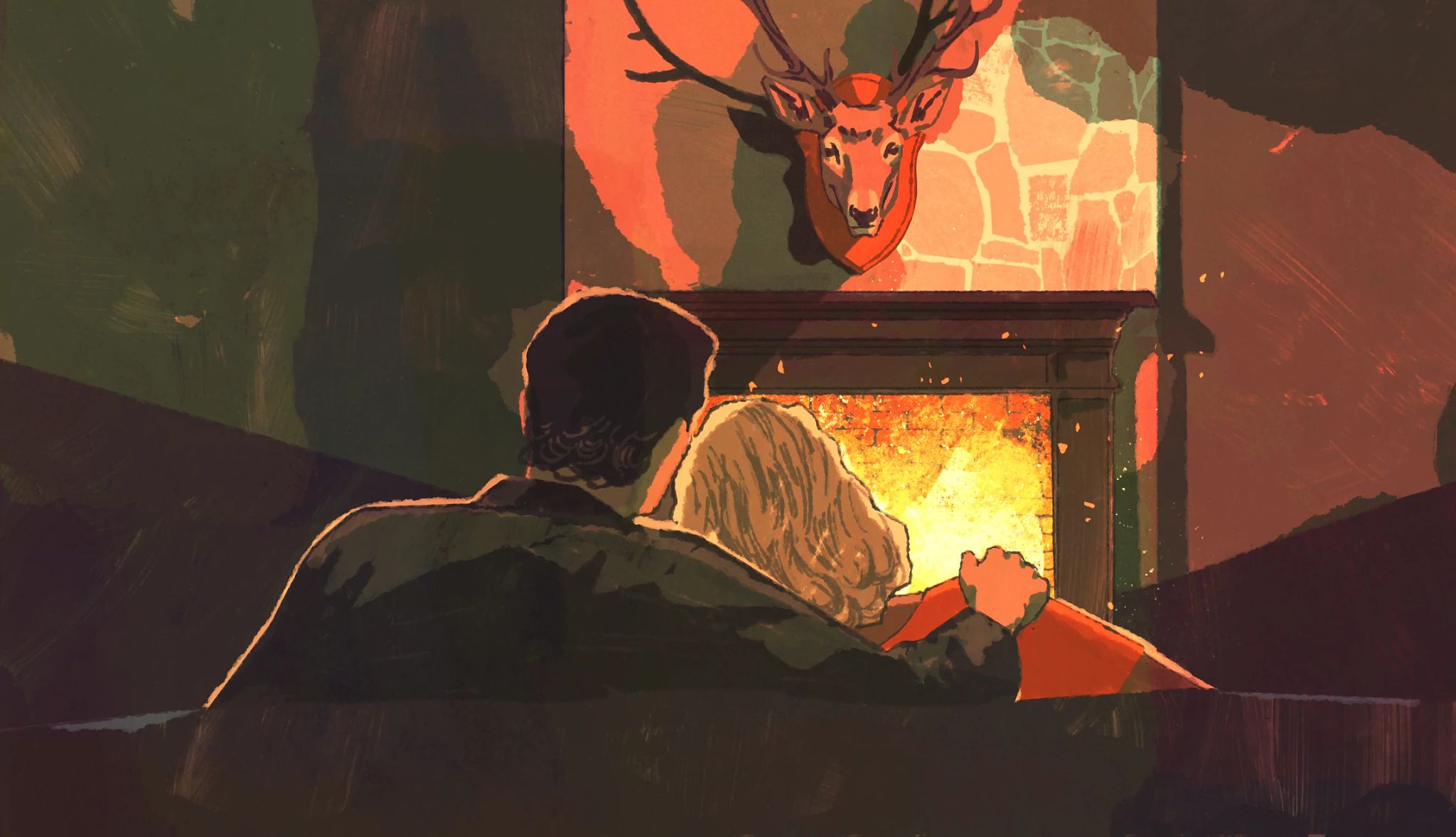
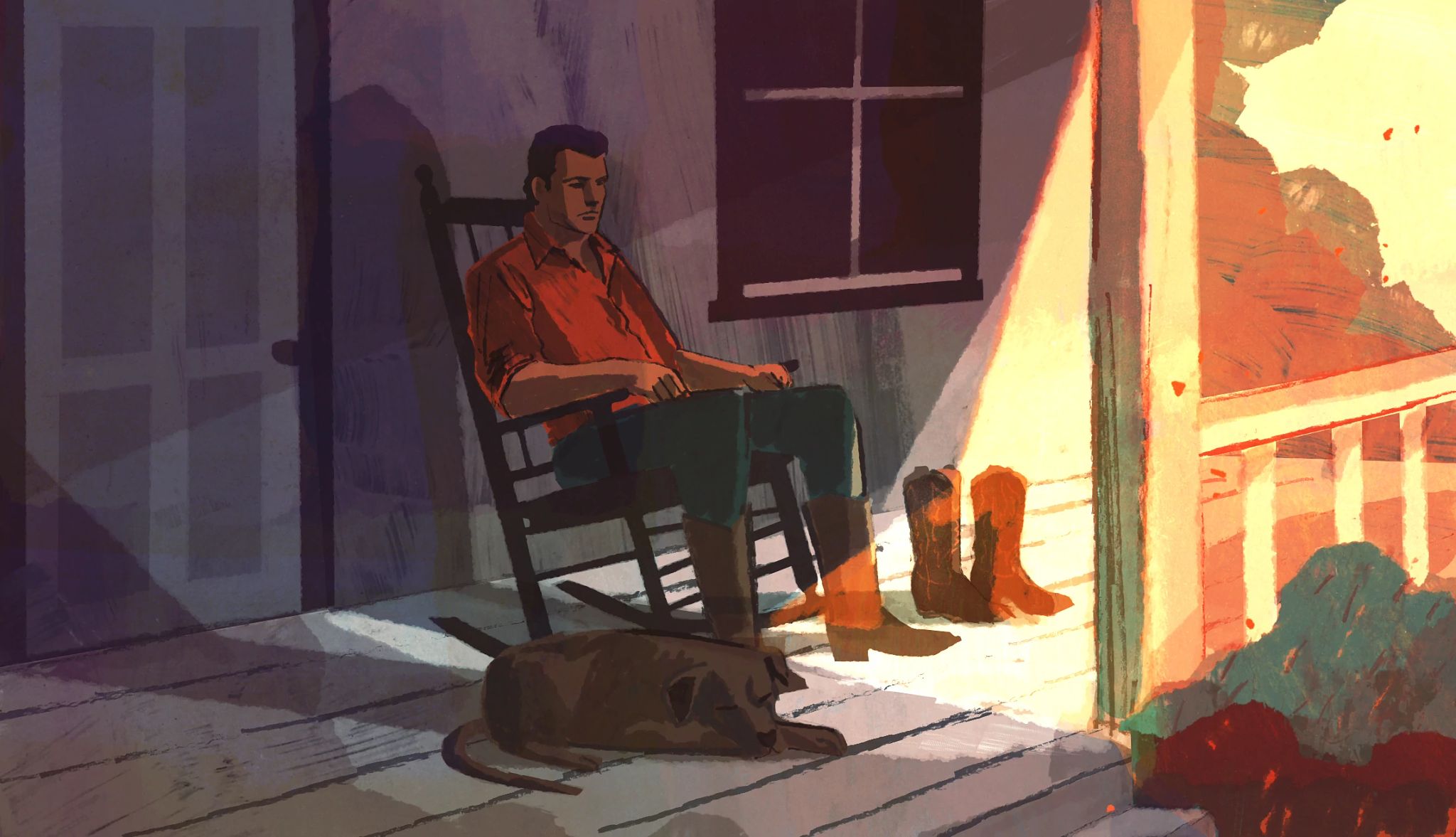
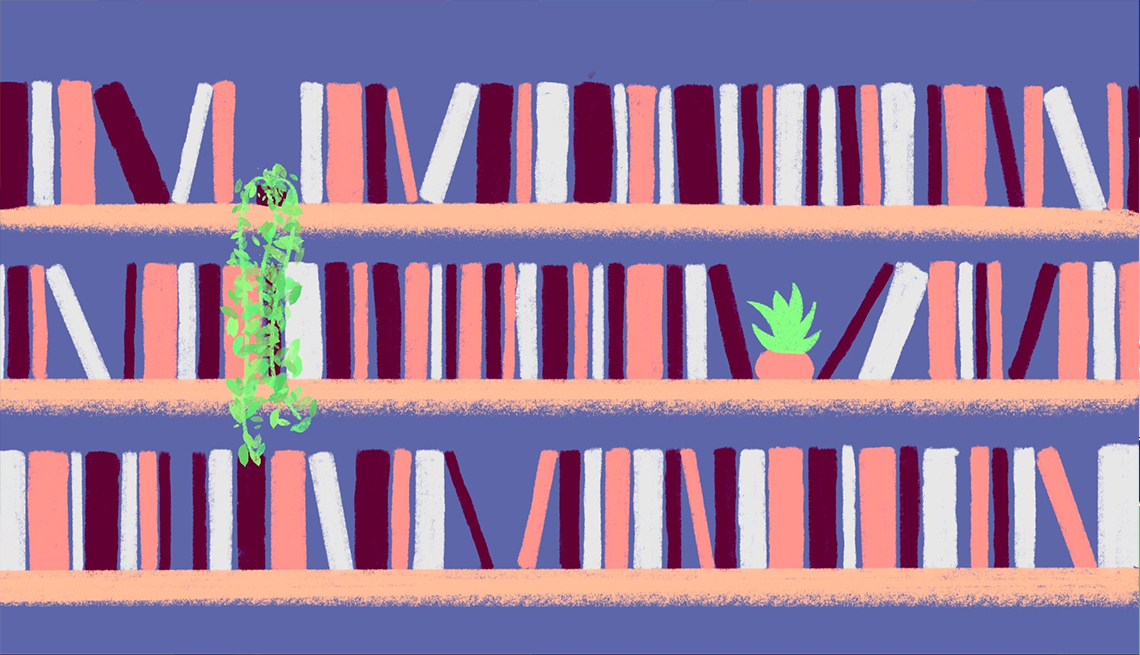
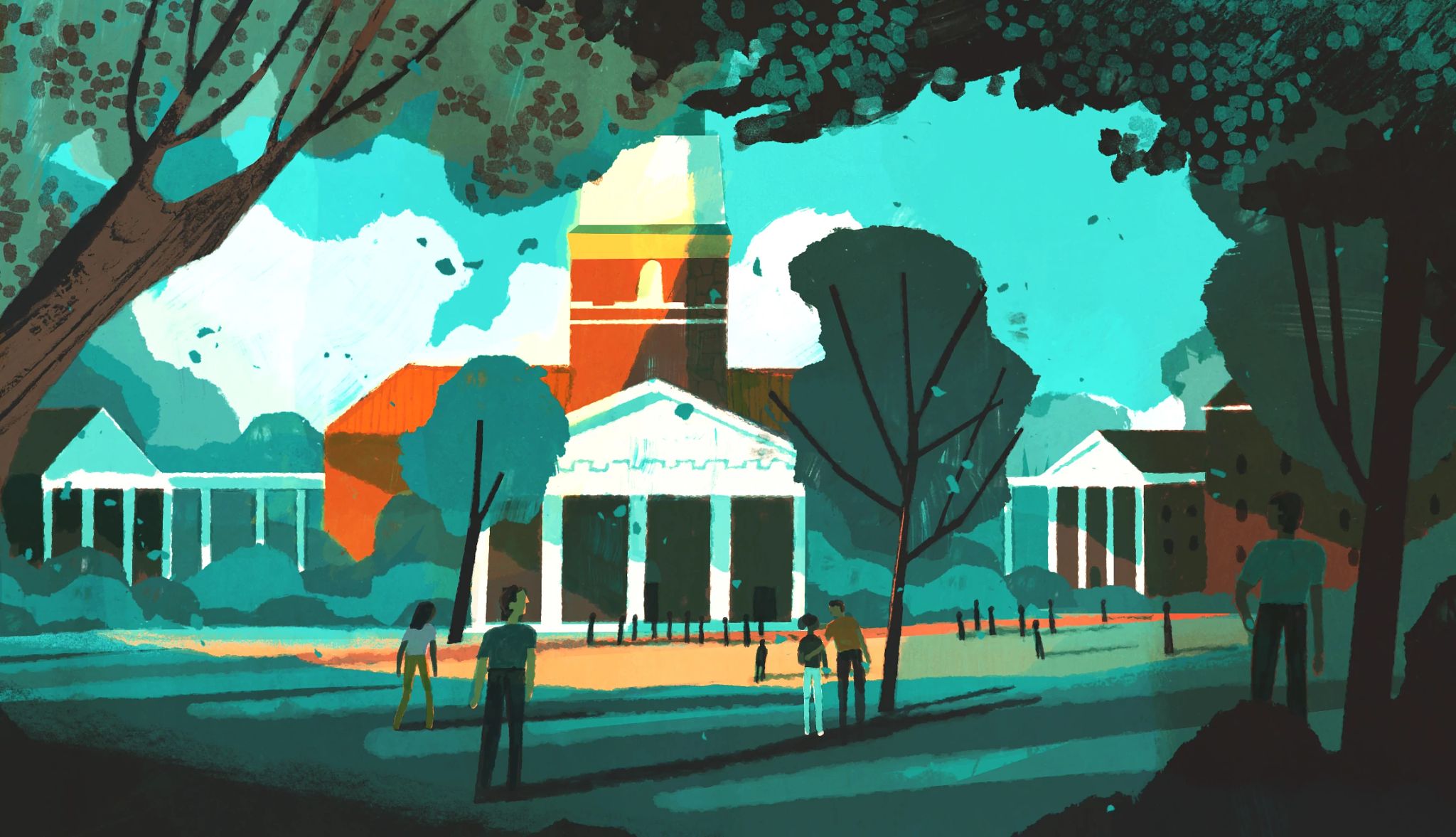
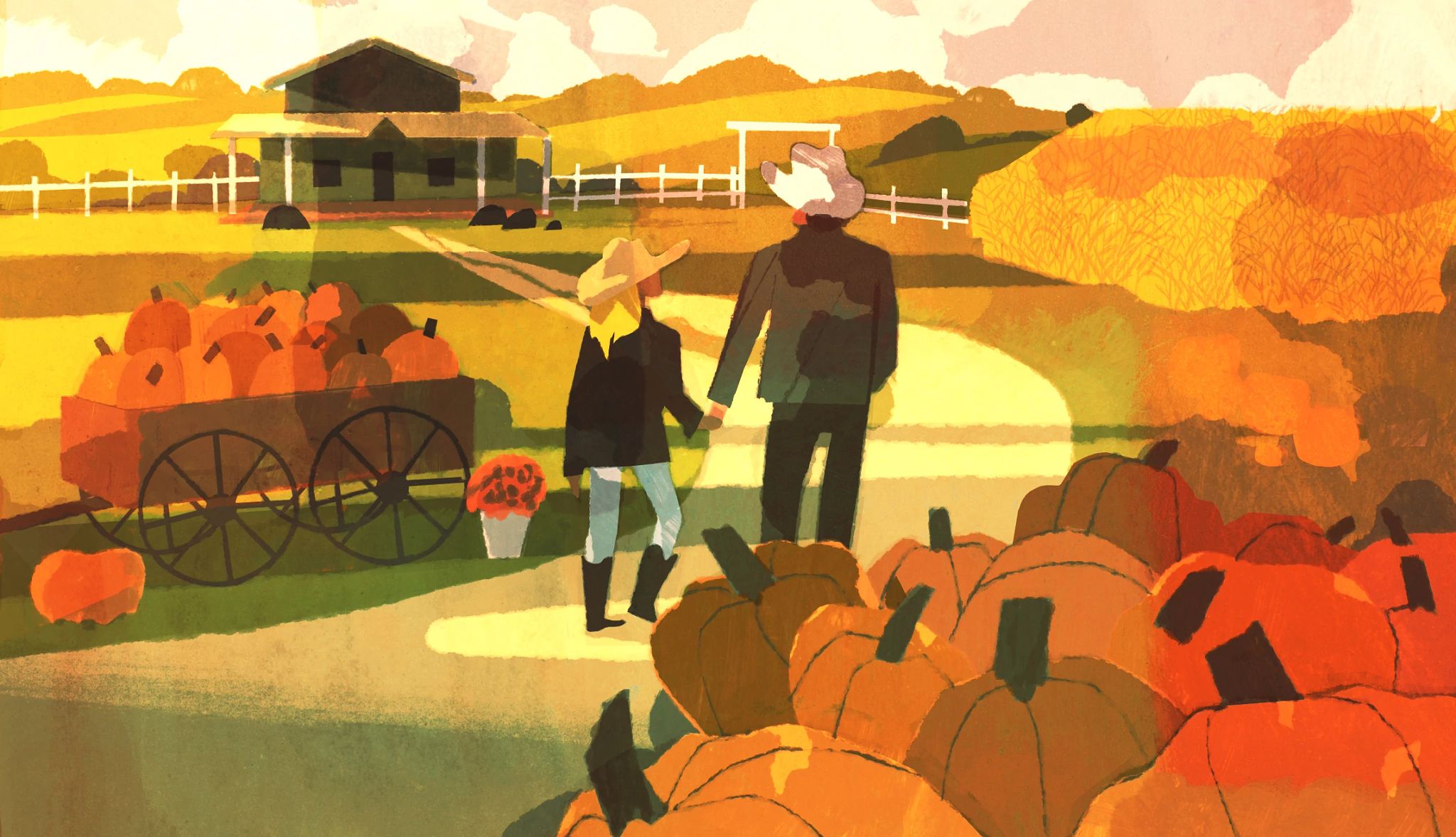
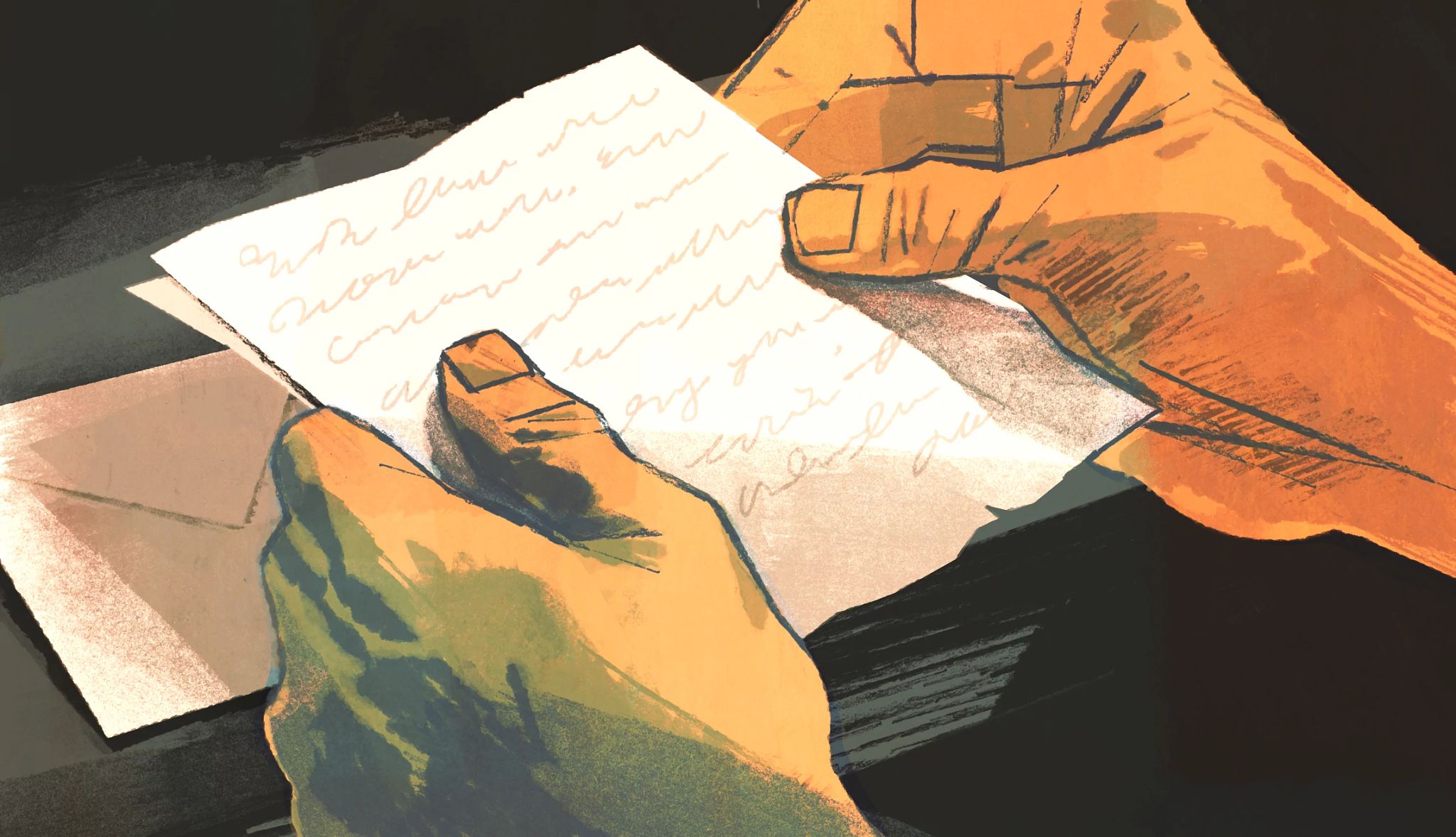
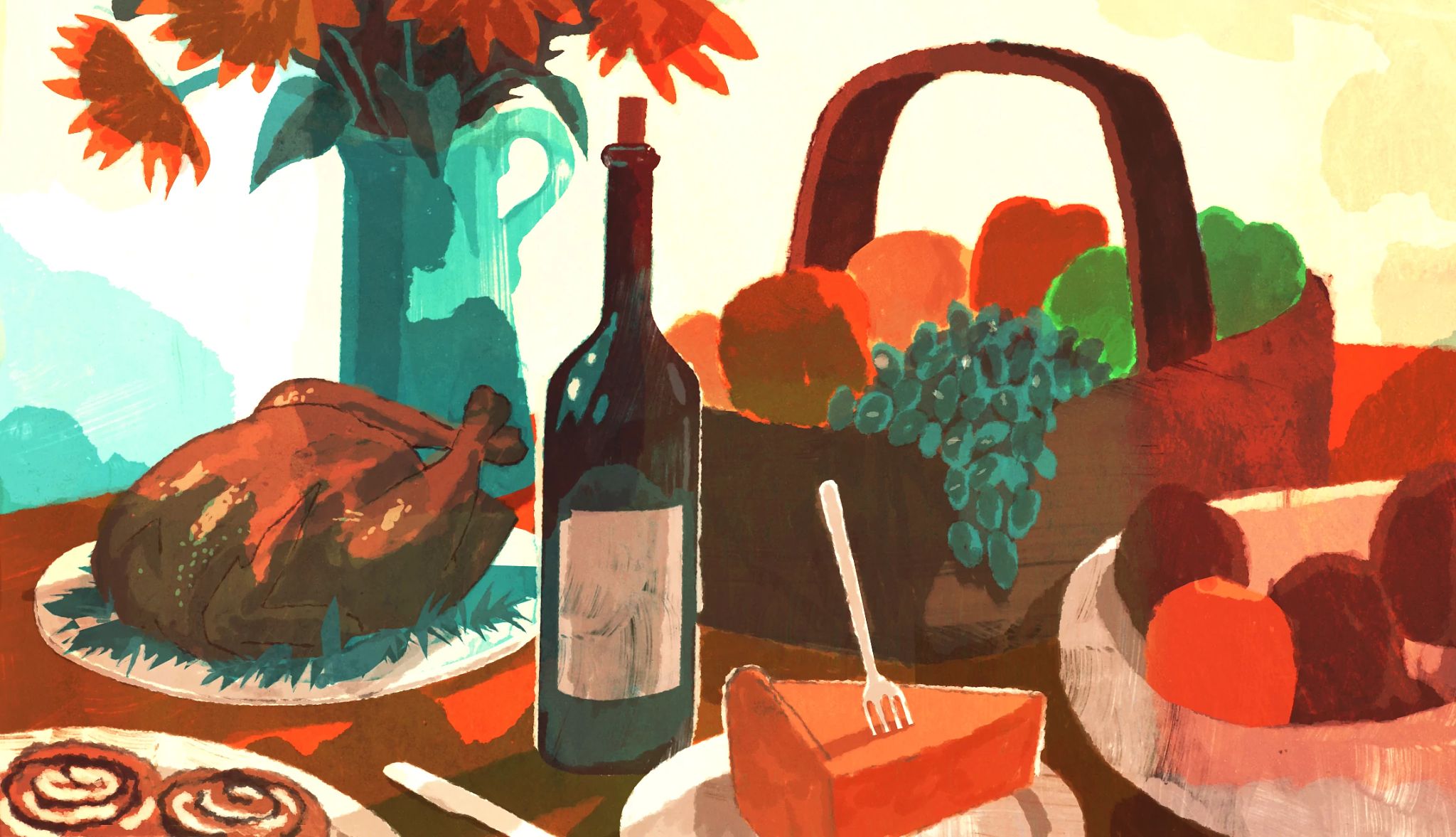


You Might Also Like
Is Nicholas Sparks as Romantic as the Leading Men in His Stories?
Author of ‘The Longest Ride’ and other best-selling novels discusses life, love and his new book, ‘Counting Miracles’
Free: ‘The Excitements’ by CJ Wray
Feel-good romp follows the law-breaking escapades of two quirky 90-something WWII vet sisters
More Free Books Online
Check out our growing library of gripping mysteries and other novels by popular authors available in their entirety
Recommended for You